Aquaculture and fisheries
There is an increasing number of fish farms on the West coast of Scotland. The farms, often growing salmon, contain 10 to 16 cages, each with a circumference of 80 to 120 meters. The cages are surrounded by moorings to keep the cages in place. The moorings can stretch like tentacles on the seabed for hundreds of metres.
Fish farms are usually located in small inlets. This protects them from most of the tide and weather, preventing them from dislodging and damage. Fishing is not possible inside farm areas due to these moorings. This causes conflict with fishermen who, in many cases, have operated within the area all their lives.
One of my roles is to liaise with aquaculture companies regarding positions of their new farms, as well as to try and solve some of the problems with existing ones. During my studies and previous employment, I’ve learned much about the theory behind aquaculture. Given that much of my understanding was steeped in theory it was enlightening to recently visit one of the fish farms in Loch Striven.
Loch Striven is very beautiful although the weather on the day significantly less so, it was a windy, rainy day in March. Draped in wet weather clothing, we made our way out to the farm on the farm-vessel.
A farm usually consists of cages with a floating office next to it. Our first stop was at this small office. It consists of the newest technology to measure the water conditions and keep a watchful eye on the fish. Fish behaviour is a very important proxy of their welfare and therefore the fish are watched at all times. We then jumped back on board the vessel to visit the cages. Feeding was in progress; floating cables pressurized with air shoot the food into the water to feed the fish. All the cages have small walkways around them. This allows them to check the nets and fish from up close. Harvesting was about to begin so we departed to terra firma once again.
During the day we chatted about how beautiful both our industries are, and how closer collaboration would be useful. Both the fishing and aquaculture industry have important roles as food producers; both are necessary for the protein we need to feed the world.
Aquaculture technologies develop fast. Moving further offshore will be possible for these companies sooner than later. This may release pressure on inshore waters and fisheries but will undoubtedly lead to competition for space with other fishermen in offshore areas. In the meantime, everyone will benefit from good relations between those that farm fish and those that harvest the wild catch.
Written by Femke de Boer – Inshore Policy Officer

